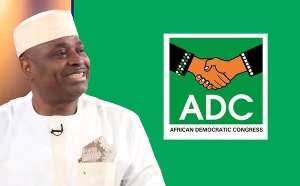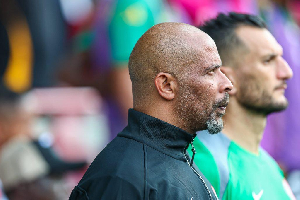Vice-President Yemi Osinbajo on Tuesday met with some stakeholders in the oil and gas industry in continuation of the Federal Government’s consultations ahead of the passage of the Petroleum Industry Bill currently before the National Assembly.
Osinbajo’s Senior Special Assistant on Media and Publicity, Laolu Akande, disclosed this in a statement on Wednesday titled ‘Petroleum Industry Bill: We need to produce largest oil volumes possible at cheaper costs, tells oil and gas stakeholders’.
The President of the Senate, Ahmad Lawan, had told reporters on Tuesday that there were forces within and outside the country that would work against the passage of the bill which the President, Major General Muhammadu Buhari (retd.), presented to the National Assembly in September 2020.
The central aim of the bill which has passed second reading in both the Senate and the House of Representatives, is to foster sustainable development in Nigeria’s oil and gas industry.
Akande quoted the Vice-President as urging stakeholders in the oil industry at the virtual meeting to find and agree on cheaper means of producing oil while also ensuring a more competitive environment that meets the needs and purposes of Nigeria, including the largest production volumes possible.
He identified the stakeholders that attended the virtual meeting as being under the auspices of the Oil Producers Trade Section in Nigeria, and the Independent Petroleum Producers Group.
The statement quoted Osinbajo as saying, “We need to agree on terms that will give us a more competitive environment.
“We should find a way of producing oil cheaper at the largest volume possible given the circumstances and future of oil itself, and of course, given our requirements and needs.”
Akande further quoted Osinbajo as stressing the need for stakeholders in the sector to agree on terms to create a more competitive environment, while maximising opportunities in the oil and gas industry.
He said, “The other point is that of gas. To sound the question of reconciling and maintaining our domestic gas obligation, and at the same time improving the gas environment in such a way that we are able to benefit maximally from it as a business and government.
“I like the concept that gas should be an enabler for quick development and I think that we must reach some kind of balance with this, especially with this question around domestic gas obligation.
“I would like OPTS and IPPG to look more carefully and see in what ways we can come to some agreements as to how it should be done.”
Speaking further on the benefits of harmonising interests in the PIB, Osinbajo said the passage of the PIB should be seen as an opportunity to transform the industry by addressing lingering issues that had impeded development across the different sectors that make up the industry.
The Minister of State for Petroleum Resources, Mr Timipre Silva, was also quoted as saying that the interaction with the stakeholders in the petroleum industry was indicative of their commitment to the transformation of the industry through the PIB.
On his part, the Group Managing Director of the Nigerian National Petroleum Corporation, Mr Mele Kyari, said most of the concerns raised by stakeholders had been addressed in the proposal before the National Assembly.
The Chairman of OPTS, Mr Mike Sangster, who is also the Managing Director/Chief Executive of Total E&P Nigeria Ltd, said stakeholders remained committed to making Nigeria the ‘preeminent hydrocarbon province’ in the region and the world.
Business News of Thursday, 14 January 2021
Source: punchng.com













